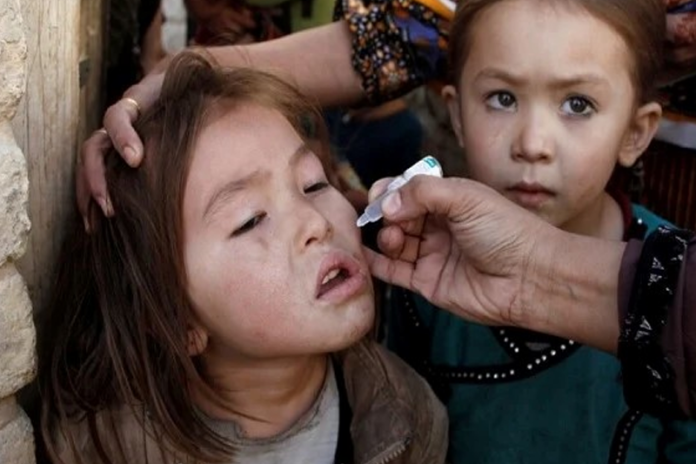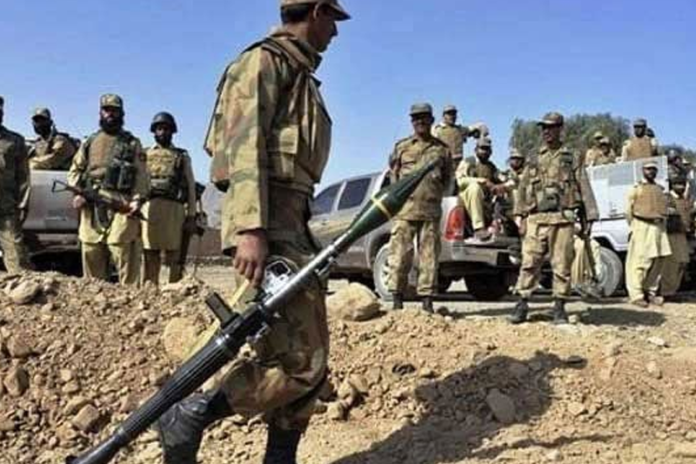Long-term policies needed to overcome economic meltdown

- 263
- 0
As per the Bloomberg report, Pakistan has surpassed Sri Lanka in inflationary trends, which are the highest in entire Asia, and secondly our currency is weaker than that of Sri Lanka, which has already defaulted. Moreover, essential kitchen items and food stuff are also cheaper in Sri Lanka. which has defaulted. It indicates that our economic meltdown is severe than Sri Lanka’s.
Looking at multiple websites and social media outlets, there is no indication from anywhere that there will be ease in the lives of Pakistanis or that the standard of living of Pakistanis will be high and how long will these recent difficulties continue to be faced? The World Bank is also saying that Pakistan will face many economic risks, the Asian Development Bank also says that Pakistan’s economy, environment and agriculture will have to deal with many challenges. The population will increase but the annual income will not increase but there is a possibility of decrease. However, all the international financial institutions are appreciating the resilience of ordinary Pakistanis, that very few nations are able to cope with these difficult situations with courage and tenacity. There are no policies intact to change the poverty of 22 crores into prosperity.
A lot has been said and written about the IMF tranche and currently the whole process is for signing the staff level agreement with the International Monetary Fund. However, this is not the long term solution as analysts say that it will only defer our economic woes but at the same time, it will only lead to more debt burden. Long-term relief cannot come from the IMF.
A long term policy is needed that Pakistan should improve the economy of the country by relying on its natural resources and its human resources. Such policies are need which do not incur more debts. We need any long-term plan of action that could be taken to solve the problems of the next ten to fifteen years based on their own resources, including the current difficult economic year. What should we do in coming years?
International sources are saying that the growth rate of 2023 is seen at 0.6 percent. The growth rate is said to be 2 percent in 2024. That too if major economic reforms are made. The economy should be stabilized. So far, the entire country has not recovered from the effects of the previous floods. Future flood risks are looming. The rains have started again. A crop has been destroyed by the last flood. The flooded land has not yet become cultivable for the second crop. The same analysts say that with the passage of time most of the people are going below the poverty line. The main reason for this is that every government is taking steps only on ad hoc basis. There is no long-term planning. If one government does something like that, the next government changes the whole plan. Accusations are made against each other. No one takes responsibility for the poor economy. This burden is imposed on the other government.
Due to Covid-19, the economic development around the world has been affected. Pakistan’s economic fundamentals were not strong before. That is why Covid-19 has affected it more than other countries.
The political unity and national stability is very much needed in the face of global recession. Instead, we are faced with govt and opposition wasting their time in quarrelling each other. Institutions also did not show much prudence in this year. Pakistan had an advantage in the agricultural sector. Despite the research and consultation of agricultural universities, no attention has been paid to the yield per acre of wheat, rice, cotton crops. Productivity has suffered a lot. Manufacturing sector has declined due to lack of water, electricity and gas, hence exports were affected. The biggest problem this year was that the foreign exchange reserves became very low. The Pakistani currency continued to depreciate against the dollar.
Looking at these economic indicators, international economic organizations have declared Pakistan’s economic development as negative. Our borrowing capacity was also said to be negative. Because our debt servicing ratio was not as per the requirement, international organizations and analysis is that there are long-standing internal structural weaknesses in Pakistan’s economic system, which have been growing due to the negligence of various political and military governments since the creation of Pakistan.
Economic structure was not strengthened in the priorities of both styles of rulers. The people of Pakistan have been affected the most by this type of governance. Their lives have become more and more difficult. The elite class cannot imagine how the majority of ordinary Pakistanis spend their days and nights. There has been economic improvement in neighboring countries. India has come a long way. Bangladesh and even in Afghanistan, the economic situation is not like this. There the problems have been overcome to a great extent.
Climate change poses more threats to countries like Pakistan in the future.
However, despite all odds, there are some positive things are also existing. Allah has blessed Pakistan with human forces and natural resources. The youth population of the country is more than 60%, agricultural fertility, very important location, sea, river, mineral treasures, but they are not being used. There are big economists in the country, but they are only focusing on short terms plans while we need long-term solutions.
The irony is that majority of our economic analyatstis and financial experts, who als include foreing graduates from high level world universities and they have good knowledge of the economic meltdown which the country is faced with but it is very unfortunate they majority of the economists are only busy in criticism for the sake of criticism. They always criticize the financial policies of the country but none of the economists has given an overall roadmap for the next ten to fifteen years. None thinks on long term goals like what should be Pakistan’s economic priorities for the next economic periods like till 2030 to 2040, which make the life of a common Pakistani easier.
Published in The Daily National Courier, May, 06 2023
Like Business on Facebook, follow @DailyNCourier on Twitter to stay informed and join in the conversation.

















































